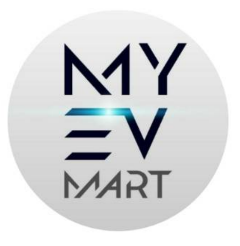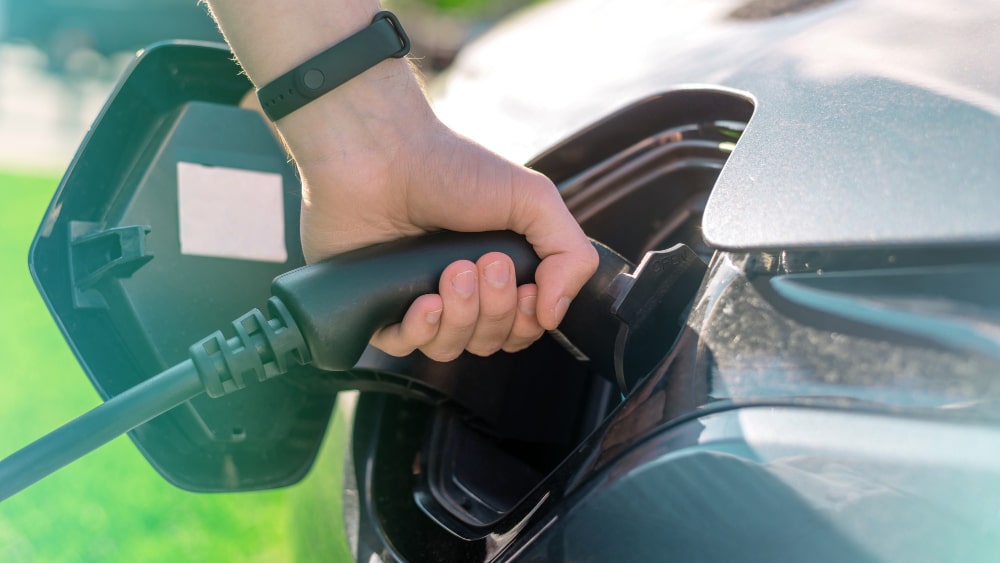It is almost impossible nowadays for automotive enthusiasts not to get involved in conversations regarding electric vehicles (EVs). Considered by some as a more sustainable alternative to fossil fuel dependency, the emerging interest in them seems inevitable with the Malaysian Automotive Association (MAA) projecting that 15% of the total industry volume (TIV) will be EVs by 2030. However, such promising development can only remain steady once better accessibility to charging facilities is provided to consumers.
For many EV owners, establishing a home EV charging station might as well be the only option they have especially if other places they frequently commute to such as workplaces are not equipped with a similar amenity. If home chargers are constructed on private land, only the homeowner and anyone with permission can use them. Compared to public charging stations, this can offer a safe and regulated atmosphere, lowering the chance of theft, damage, or misuse. The availability of home charging points encourages more individuals to think about buying EVs since they have a dependable and easily accessible infrastructure for charging them.
Depending on its capacity to reenergize, a typical EV home charger can be primarily classified as either Level 1 or Level 2. Under normal circumstances, a conventional 120-volt household socket should suffice to power Level 1 charging stations. They are perfect for automobiles with smaller batteries and lower daily mileage requirements as they charge a vehicle at a range between roughly 3 and 8 km per hour. All you need to do is connect it to any regular household outlet. This means no special electrical improvements are required, making it a fairly simple installation.
On the other hand, a 240-volt circuit is needed for a home EV charging station with Level 2 status, just like it is for big equipment like electric stoves and dryers. With a charging rate of between roughly 16 to 96 km per hour, depending on the charger’s power output, it offers far faster charging than Level 1. It is ideal for homes requiring faster reaction times for recharging, longer-range EVs, or daily charging demands. Nevertheless installing it usually calls for hiring a qualified electrician to set up the proper wiring and a special circuit for the purpose.
Before anything else, you must review your car’s onboard charger specs to ascertain whether the EV home charger you wish to set up is appropriate for reaching a particular vehicle or charging speed. This will indicate the highest charging rate that your car is capable of accepting. The speed at which Level 1 and Level 2 chargers can recharge your car is determined by their power output. It is worth noting that faster charging is indicated by a greater kW rating. The charger’s output and your car’s acceptance rate determine how long it will take to fully charge your car.
After taking everything into account, experiencing seamless access to a compatible charging point is undoubtedly the key to encouraging more people to opt for EVs in the near future. Its abundant presence will surely transform the EV industry in this country. If you already have plans to own an EV, let MyEV Mart help you set up the ideal charging facility right at your residence. Simply get in touch with us to get started!

